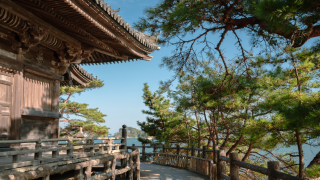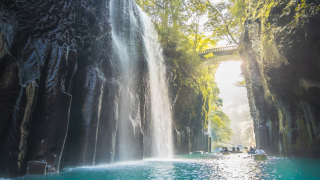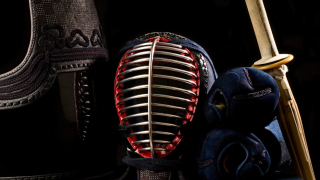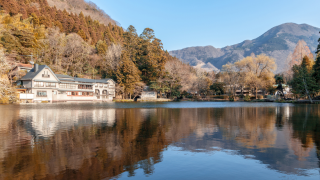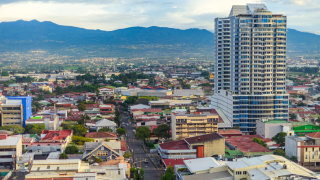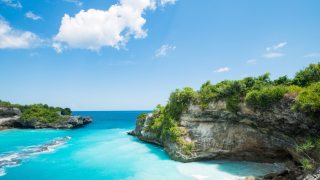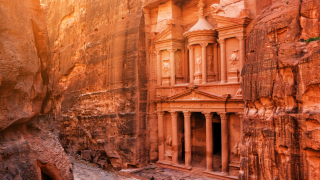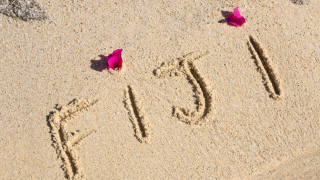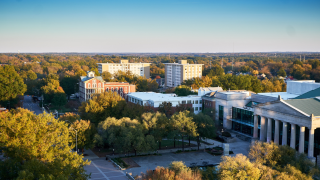 LOANWORD
LOANWORD Does Raleigh Have a Kanji Representation? A Thorough Look at the City’s Image in the Japanese Mind
When Japanese people encounter the name “Raleigh,” they often connect it with study abroad, research, and IT industries. Yet Raleigh is not only an academic city but also a place of sports passion, home to the Carolina Hurricanes and major college athletics. This combination of knowledge and energy shapes a unique Japanese perception of Raleigh.

